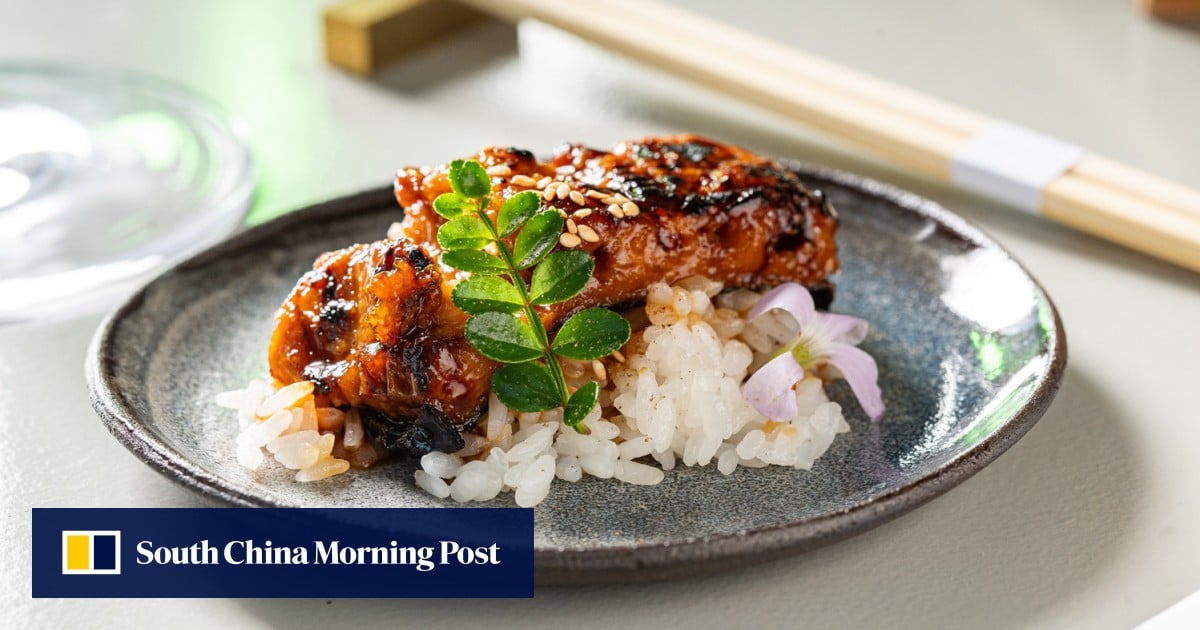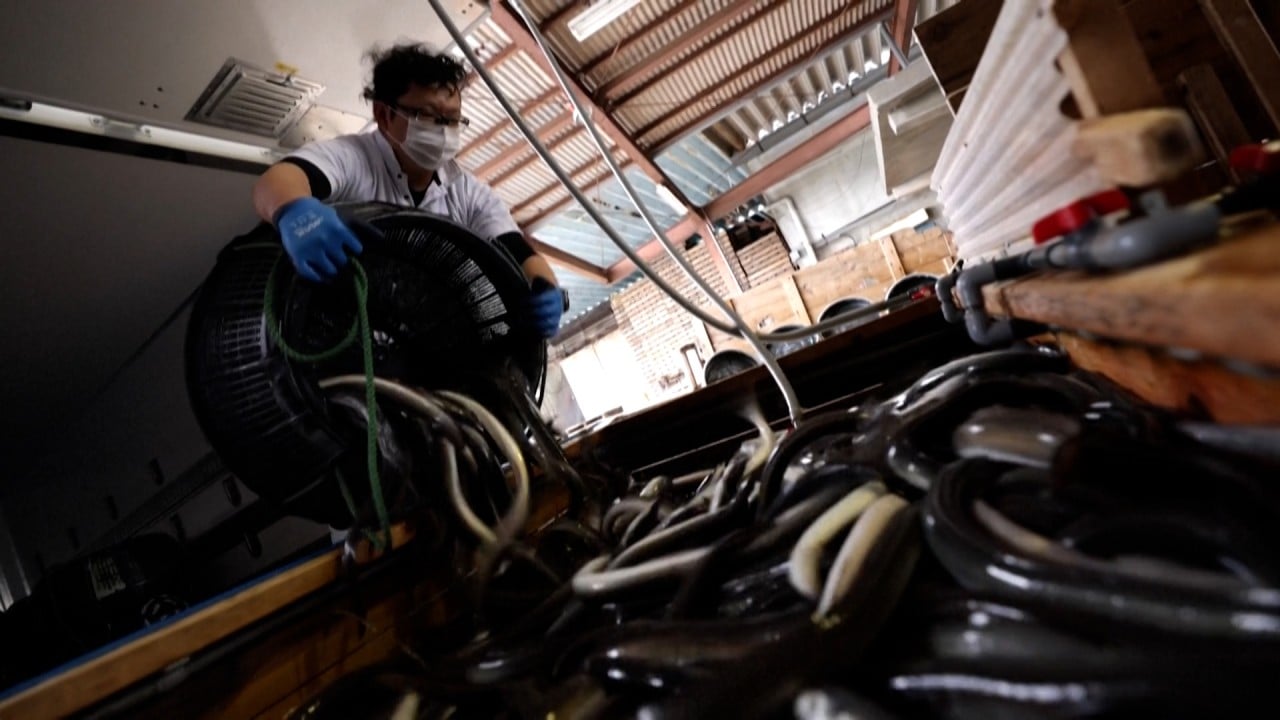Unagi is a signature Japanese dish which typically consists of freshwater eels that are barbecued in a sweet sauce and served on top of rice, or as a sushi topping.
Wild eel has been in short supply because of overfishing, and the surging demand for the fish in Japan and elsewhere has pushed the wholesale price of freshwater eels as high as US$60 per kilogram, according to Forsea.
![‘Once we decided that eel was our first market, our focus immediately shifted to the [Asia-Pacific] region where the largest market for this fish is,’ said Forsea co-founder and CEO Roee Nir, pictured speaking at a tasting event in Tel-Aviv. Photo: Liran Maimon](https://cdn.i-scmp.com/sites/default/files/d8/images/canvas/2024/06/23/af99d43a-cafa-4632-a7e0-299378e4e6e1_ea94c24a.jpg)
There is even a day on the Japanese calendar in midsummer known as Doyo no Ushi no Hi, typically coinciding with the hottest day of the year, when the entire population is advised to eat unagi to maintain strength.
The primary market that Forsea is targeting in Asia-Pacific is Japan, but the company will also be looking at China, Singapore, Korea and Hong Kong, said Nir.
It hopes to roll out its debut commercial product by 2026, and is currently forging connections with strategic partners in Japan.
“Japan is a very important market for us. The other large consumer of eel is, of course, China,” said Nir.
“In Japan, we have already established relationships with local food companies, fish companies, and we are looking to do the same in China.”
Forsea was founded in late 2021 and currently has a team of 16 people – one based in Japan and the rest in Israel.
The start-up’s patented approach to cultivating fish tissue involves creating an ideal environment for fish cells to spontaneously form their natural composition of native fat and muscle. They grow as a three-dimensional tissue structure, just as in nature, the company said.
The environmental advantages are obvious when compared to traditional production methods.
“The current practices, whether fishing or aquaculture, are either impacting the environment or diminishing the fish stocks,” said Nir. “At the end of the day, there must be an alternative to this.”
And the farming of freshwater eels faces several constraints, including a lack of usable land due to competition with industrial development, and pollution as over-farming leads to heavy metal contamination.
Asia consumes 72 per cent of the fish produced worldwide, and per capita consumption is double the global average, according to a report by the Good Food Institute Asia-Pacific, an alternative protein think tank.
Cultivated seafood is genuine animal protein made from fish, crab, shrimp, and other sea creatures, but produced by growing it from cells rather than catching or raising aquatic animals, said Mirte Gosker, managing director of the Good Food Institute Asia-Pacific.
“By decoupling seafood production from conventional aquaculture and fishing methods, such products offer a reduced risk of foodborne illness, a complete absence of microplastics, and a guaranteed lack of contamination by mercury and other heavy metals,” she said.
For cultivated meat and seafood production, the vast majority of the sector’s climate impact will come from electricity use at the production facility, so just as electric cars are only as clean as the source of their electricity, cultivated meat and seafood are most sustainably produced with renewable energy, said Gosker.
Forsea has raised US$5.3 million so far in its seed funding round. It is in the process of raising funds to build a commercial plant to take its first product into the market.
“We are working on several cell lines in our labs. We are not an eel company, we are a cultivated fish and seafood company with the eel as our first product. So there are more products to follow,” said Nir.


